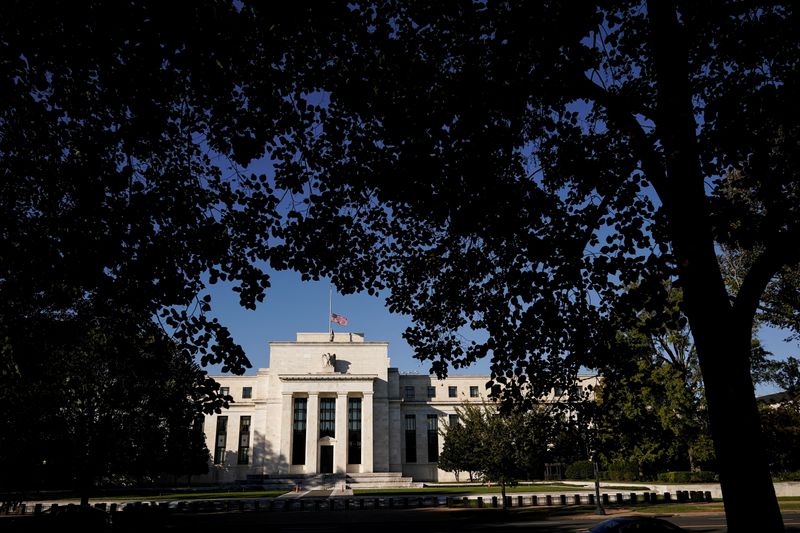(Bloomberg) -- If the Federal Reserve raises its key interest rate somewhat above what it thinks is a “neutral” level for the economy and stops there, that should help bring inflation down from current elevated levels, Chicago Fed President Charles Evans said.
“If we go 50 basis points beyond that, if we go 75 basis points beyond that, then that restrictive setting of policy should be working to bring inflation down,” Evans said Wednesday in a Bloomberg Television interview with Michael McKee.
“We don’t have to constantly increase the funds rate to be restrictive. We can get to a restrictive setting and sit there for a while,” he said, referring to the central bank’s benchmark rate.
Fed officials are quickly raising rates in response to high inflation, which in recent months has risen to the hottest levels in 40 years. US consumer prices advanced 8.3% in the 12 months through April, according to Labor Department figures published May 11.
After an initial quarter-point increase from nearly zero in March, the central bank’s policy-making Federal Open Market Committee opted for a half-point hike earlier this month, bringing the target range for the federal funds rate to 0.75-1%. Fed Chair Jerome Powell reiterated guidance Tuesday that the FOMC would probably authorize additional half-point increases at each of its next two policy meetings in June and July.
“As Chair Powell said, we’re going to be moving expeditiously towards something much more like a ‘neutral’ fed funds rate. My own assessment of ‘neutral’ is in the 2.25-2.5% range,” Evans said.
“I would expect by the end of this year, it could be quite likely that we were at a neutral setting, and I think we would be very well-positioned to address the future inflationary pressures of 2023,” he said. “I’m expecting things to improve from the very-high inflation that we’re having, but I do think it’s going to take us some time to take care of this.”
©2022 Bloomberg L.P.
